What is Acupuncture?
What is Acupuncture?
Acupuncture is an ancient form of medical treatment, originally developed in China 2,500-5,000 years ago. There are many different forms, styles, lineages, and methods of acupuncture. Essentially, acupuncture is the practice of placing hair-thin needles (roughly 1/18th the size of a typical hypodermic needle) at various locations in the body to treat a wide range of conditions such as physical pain, anxiety, insomnia, autoimmune disorders, gastrointestinal distress, and many others.
Acupuncture aims to treat health conditions by restoring homeostasis within the whole physical system; rather than only focusing on one undesirable symptom. Chinese medical diagnosis revolves around observing the entire human and looking for patterns that connect various symptoms. For example, treatment would differ between two patients who are both seeking treatment for headaches, but one patient also has poor digestion and the other has hot flashes. These types of differences, although the chief complaint is the same, guides treatment to address the individual nature of the imbalance.
Does Acupuncture hurt?
No, acupuncture does not have to hurt. There are many sensations that are associated with acupuncture stimulation, and intense pain is definitely not desirable. However, many patients report a dull aching or heavy sensation around needle sites, which is common and normal. It is also normal to feel minor temperature changes and mild traveling sensations from the needle site.
There is a wide range to how each person responds to needling. Some people experience very little sensation, while others are more sensitive to the treatment. Some people respond to treatment immediately, while others may take longer to notice a shift. It is part of the assessment process to identify how your system responds and what type of acupuncture would be appropriate for your body.
